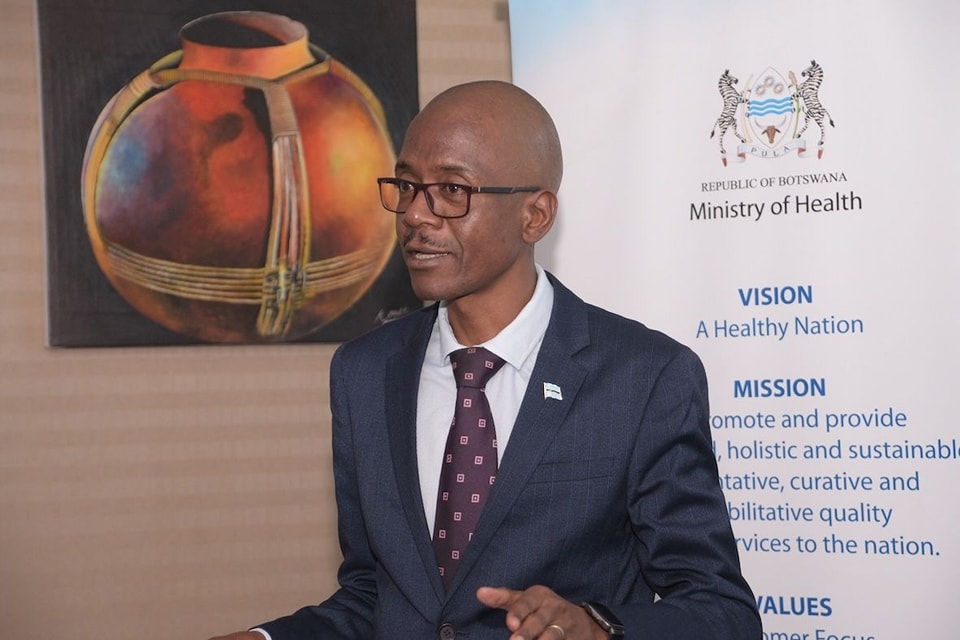The Ministry of Health has responded to concerns regarding the availability of tuberculosis (TB) medication, assuring the public that TB tablets are now available in all health facilities across Botswana following an acute shortage. The shortage, which had prompted fears among patients and healthcare workers, had previously led to reports of TB medications being unavailable in several clinics and hospitals.
Despite these reports, Dr. Christopher Nyanga, the Chief Public Relations Officer at the Ministry of Health, explained that the shortage was caused by a supply chain disruption in the market, which delayed the provision of necessary medication. He emphasized that the Ministry had now successfully addressed the issue, ensuring that all health facilities are adequately stocked with TB treatment.
“The medication is now available in all health facilities, and the situation has been resolved. The unavailability was a result of a temporary shortage in the market, which impacted our ability to provide timely service to TB patients,” Dr. Nyanga clarified. He reassured the public that the Ministry has taken steps to avoid such disruptions in the future.
However, the delay in the provision of TB medication has raised concerns from various quarters, particularly from opposition parties. The Botswana Congress Party (BCP), a key political player, has voiced its worries over the potential consequences of the medication shortage. BCP Publicity Secretary Mpho Pheko warned that the continued shortage of TB medication could have dire implications for public health, particularly given the infectious nature of the disease.
“The shortage of TB medication is a serious concern. TB is highly infectious, and any interruption in the medication supply chain exposes the public to greater risks. We urge the Ministry to ensure that such a situation does not occur again,” Pheko stated.
TB remains a significant health challenge in Botswana, with the country having one of the highest TB incidence rates globally. The availability of timely treatment is critical for controlling the spread of the disease, especially as it can be transmitted through the air when an infected person coughs or sneezes.
The Ministry of Health has pledged to monitor the situation closely and continue to work with international partners to ensure a steady supply of TB medications in the future. They also stressed the importance of regular check-ups and adherence to treatment regimens, encouraging patients to seek help at their nearest health facility.
As the government works to stabilize the situation, it is expected that public trust will be restored in the Ministry’s ability to handle health crises effectively. However, the concerns raised by the BCP underscore the importance of maintaining a consistent and reliable supply of essential medications for the health and safety of all citizens.
Would you like additional details on the government’s ongoing efforts to tackle TB or an analysis of public health strategies in Botswana?










